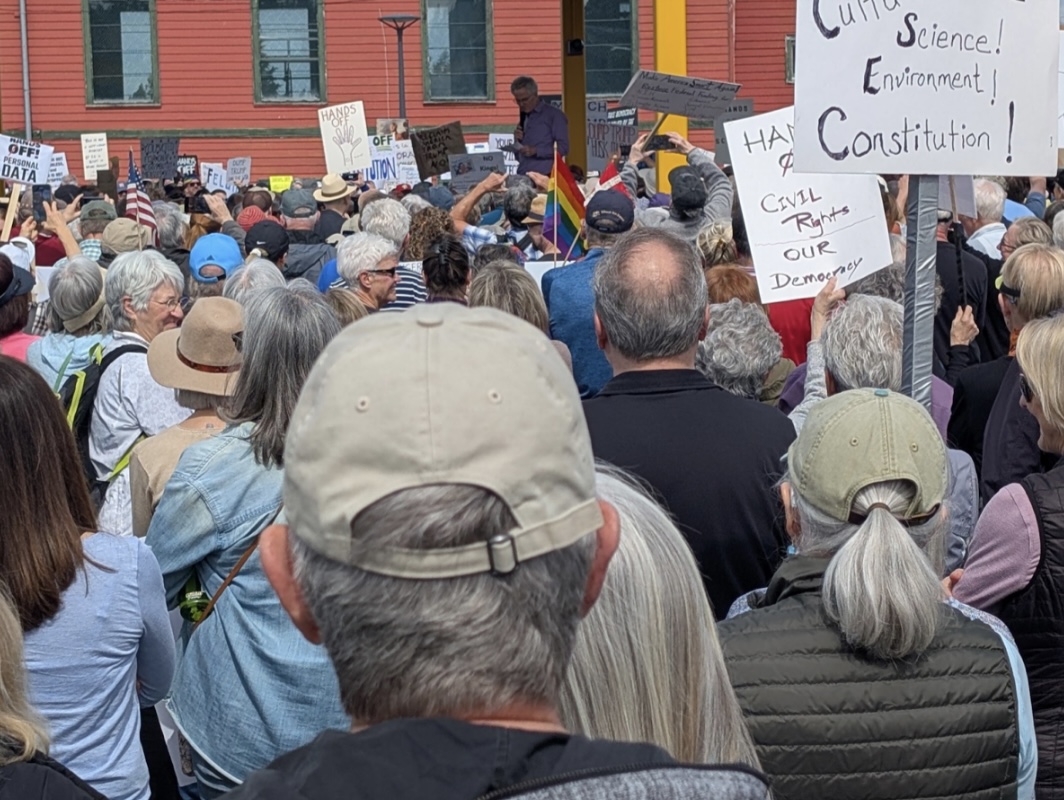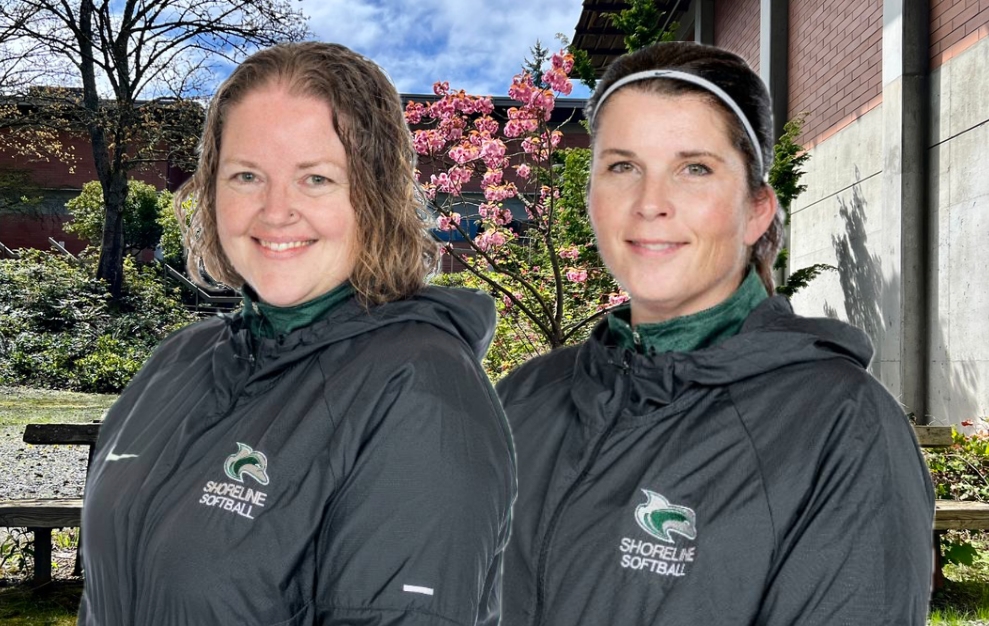LEAVE THAT TOXIC RELATIONSHIP BEHIND
Valentine’s Day has come and gone, but toxic relationships can exist in any month, on any day and at any time. You may find yourself in one without even realizing it.
“Toxic” is a common word which gets attributed to people’s miserable connections with others, whether they’re romantic or platonic.
According to Dr. Lillian Glass, author of “Toxic People,” a “toxic relationship” is described as “any relationship (between people who) don’t support each other, where there’s conflict and one who seeks to undermine the other, where there’s competition, where there’s disrespect and a lack of cohesiveness.”
If you’ve ever been in this type of partnership — with a person you’ve dated, a family member or a friend — chances are you are no longer on good terms with them.
I couldn’t blame you for leaving them in the past: it would be stressful keeping anyone like that in the present.
A Whitehall II Study from the ‘80s experimented with toxic relationships, stress and health. This study followed 10,000 people for over a decade and showed that “those who were in a negative relationships were at greater risk of developing heart problems, including dying from heart attacks and strokes.”
What To Look For
Not every relationship turns toxic. Looking for the signs isn’t easy, since you haven’t exactly been watching out for them from the get-go. If you’re always alert and keeping track of your partner or friend’s behavior, then this may not apply to you (or… plot twist: you might be the toxic person).
According to Time Magazine, the most obvious signs include “any form of violence, abuse or harassment” and should be taken cared of ASAP.
Emergency Contacts
If you or someone you know is in a toxic relationship, here are some resources you can reach out to within King County. If it is an emergency and you or someone else who may be in a dangerous relationship, call 911 immediately.
Domestic Abuse Women’s Network: 425-656-4305; www.dawnonline.org
King County Protection Order Advocacy Program: (Seattle) 206-296-9547; www.protectionorder.org
Otherwise, the signs are subtle. They can appear over time or could have always been there.
According to Glass, the first warning is continuous unhappiness. If you find that you’re only ever angry, sad or anxious with your partner — or even jealous of couples who appear happier than the two of you — you may be in an unhappy relationship.
This leads directly into the other signs: negative fluctuations in health, self-esteem and personality, according to physician Kristen Fuller, who specializes in mental health.
When you feel a heightened inability to reasonably communicate with your partner, friend or family member, this is another sign of a toxic relationship.
Finally, one of the most important signs is your family and friends. The people closest to you are not as blind to the actions and behavior of your partner as you are.
Fuller said that people in toxic relationships are the last to realize it.
This may be something you’ve never experienced, but some people still struggle through this even with outside support.
Getting Out
You know the signs. You have the clarity. How will you continue on?
If the relationship is salvageable, which most of the time it is not, therapy or counseling could help alleviate the issues. But it may not provide a long-term solution.
The best choice may also be the hardest: to leave entirely.
Picture your relationship as a tree. Even the greatest oaks and evergreens begin as seeds, getting watered and cared for by an outside force. Eventually, the tree will grow taller and stronger and the roots will slowly become permanently intertwined with the soil. This is the beginning of your partnership with someone.
Where the toxicity came into fruition? It may have always been there, it may have started from something that happened between the two of you. It may have been unavoidable in the first place.
But that toxicity is your growing tree’s shadow. That shadow will grow longer and longer, until it is longer than the tree itself.
It is up to you to cut the tree down, and it will be hard, painful and heartbreaking; but the longer that tree grows, the greater the shadow will become.
If you find yourself struggling to get out of a toxic relationship due to fear or lack of support, there are on-campus programs readily available.
SCC has the Title IX program, led by Mariko Kakiuchi, and on-site counselors who are mandated reporters, meaning that they are required to inform authorities if a student is in danger of being harmed or harming others.
Professors are also mandated reporters, so if you find that you are uncomfortable going to a stranger, your teachers are also there to help.
Being in a toxic relationship is not ideal and will do more damage than good in the long-run, even if it seems impossible to escape.
Don’t hold on to the baggage: as Elsa once said, “Let it Go.”







